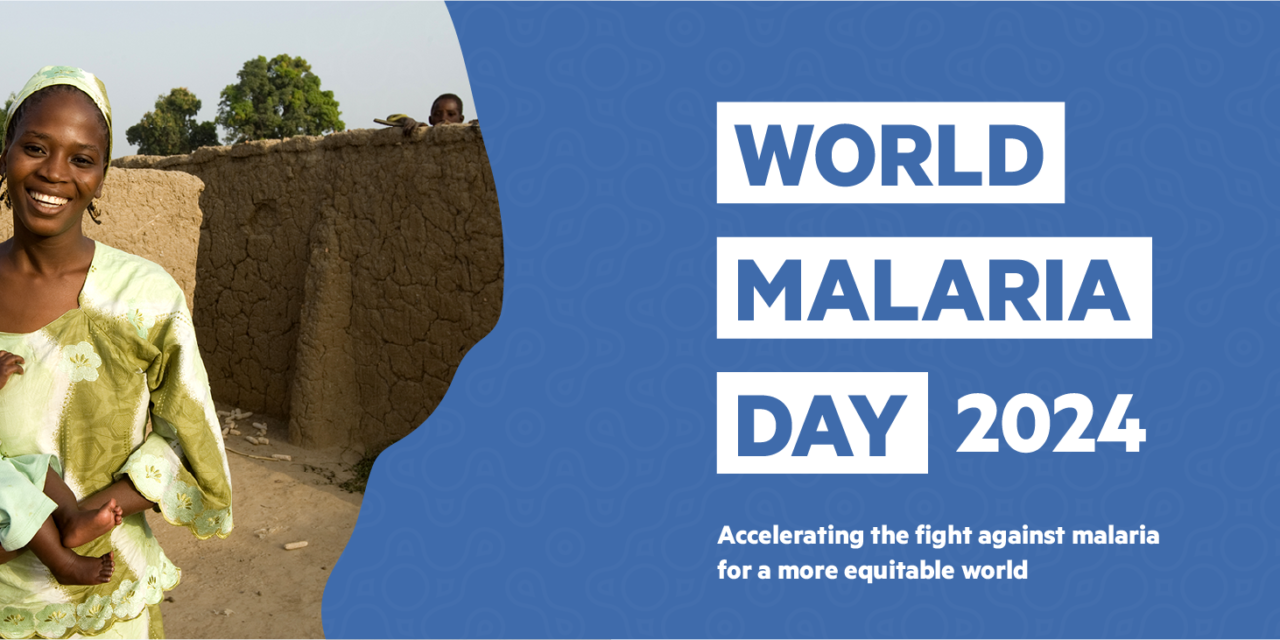As the world marks World Malaria Day on April 25th, experts emphasize the crucial role of climate change in shaping the transmission patterns of malaria, highlighting the urgent need for action to combat the disease.
Under the theme “accelerating the fight against malaria for a more equitable world,” this year’s World Malaria Day aims to raise awareness about the ongoing battle against this mosquito-borne illness, particularly in regions where access to quality treatment and preventive services remains limited.
According to the World Health Organization (WHO), in 2022 alone, malaria claimed the lives of an estimated 608,000 people worldwide, with 249 million new cases reported.
A landmark Lancet study from 2022 underscored the impact of rising temperatures on malaria transmission, revealing that even a modest increase of 2-3 degrees Celsius could potentially expose an additional 700 million people to the disease.
“Climate shifts play a pivotal role in altering the transmission patterns of malaria, particularly during the monsoon and pre-monsoon seasons from June to November,” explained Dr. Manish Mittal, Consultant Physician at Bhailal Amin General Hospital in Vadodara. “Fresh rainfall creates ideal breeding grounds for the female Anopheles mosquito, the carrier of malaria parasites, leading to a surge in malaria cases.”
Dr. Mittal emphasized the critical importance of early diagnosis and treatment in mitigating the impact of malaria, urging individuals to seek medical attention promptly if they experience fever symptoms.
In a recent study published in Nature Communications, researchers from the University of Florida shed light on the complex relationship between temperature and malaria transmission. Their findings suggest that while warmer temperatures may increase transmission potential in some environments, they could reduce it in others. Additionally, parasites were found to develop more rapidly at cooler temperatures than previously believed.
Addressing preventive measures, Dr. Rajeev Boudhankar, Medical Director at Holy Family Hospital in Mumbai, highlighted the importance of clearing stagnant water, particularly at construction sites, and adopting personal protection methods such as insect repellents and mosquito nets.
As the world grapples with the dual challenges of climate change and infectious diseases, concerted efforts are needed to combat malaria effectively and safeguard vulnerable populations from its devastating impact.
World Malaria Day serves as a poignant reminder of the global community’s commitment to achieving a malaria-free world and ensuring health equity for all.












